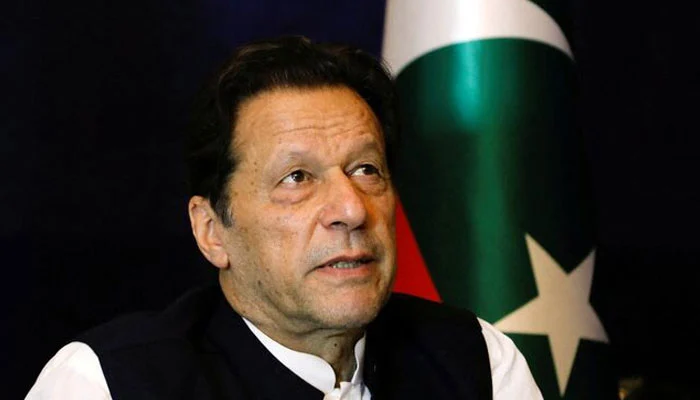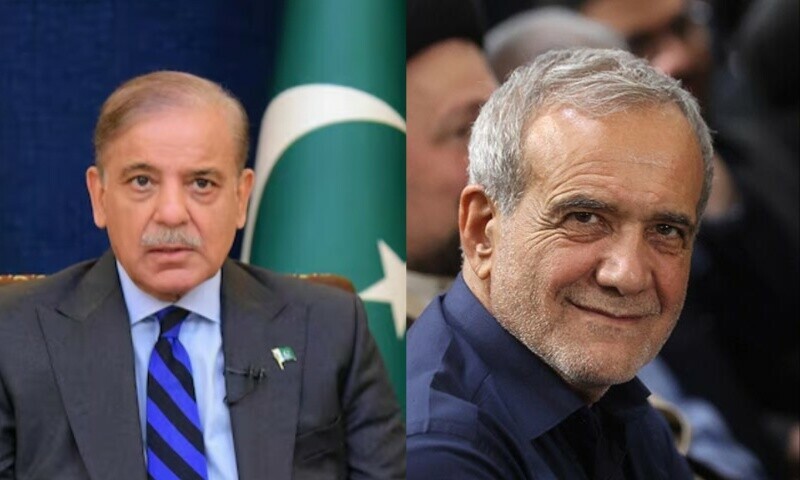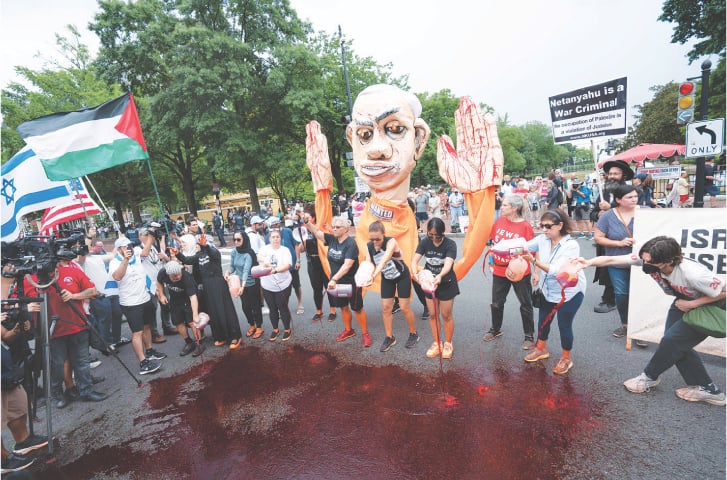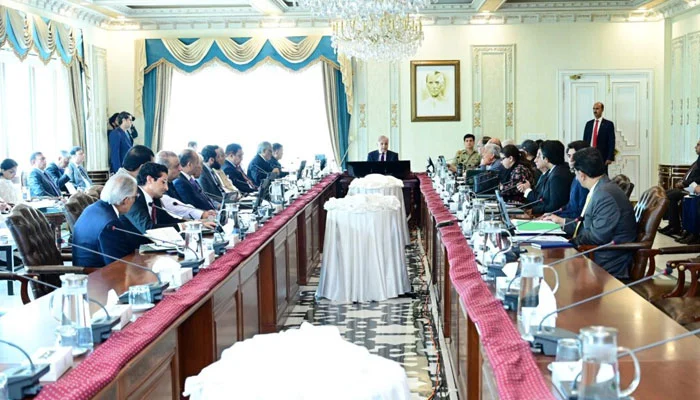
These votes and those cast in person at polling places on Thursday 5 May will decide who runs local government and the essential services it provides over the next five years.
From emptying your bins to teaching your children. From running libraries and leisure centres to fixing holes in local roads and pavements. Councils have big responsibilities.
They spend around £12bn a year across 32 local authority areas from East Ayrshire to East Lothian, Aberdeenshire to Argyll and Bute. All council seats are up for grabs – more than 1,200 in total.
While local politics and personalities will determine how some people cast their votes, the decisions of others will be shaped by the wider context in which these elections are being fought.
The war in Ukraine has shattered peace in Europe and is making the cost of living crisis worse. The NHS has a huge backlog to clear after two years of covid. The climate emergency has not gone away.
These elections are also the first national test of political opinion since the Scottish Parliament contest a year ago.
The results will be seen, to some extent, as a mid-term verdict on the parties in power at Holyrood and Westminster and those that seek to replace them.
That’s one reason you’ll hear politicians across parties urging you not only to endorse their polices or record but also to send a message to their rivals. To vote for something and against something else.
As well as being the largest party of local government, the Scottish National Party has been in power at Holyrood for 15 years – overseeing the NHS, education and law and order as well as local government.
The SNP leader, Nicola Sturgeon, can trade on her leadership through the pandemic. Ultimately, the buck also stops with her for everything from long waits in accident and emergency to overdue, overbudget ferries.
As first minister, Ms Sturgeon argues she is working with councils to do all she can to ease cost of living pressures – extending free school meals and increasing the new weekly child payment for example.
She is also calling on the UK government to do more. “It’s Boris Johnson and Rishi Sunak who hold most of these powers and control most of these resources and they are not doing nearly enough” she said.
The Scottish Conservatives are defending second place in these elections and the record of their party in power at Westminster since 2010 – managing the broad economy, most welfare benefits and a new post-Brexit immigration system.
The Scottish Tory leader, Douglas Ross, is proud to highlight Boris Johnson’s leadership on Ukraine and gives the war as his reason for withdrawing calls for the prime minister to resign over his Covid law breaking.
In this election, Mr Ross is promising to focus on local priorities like catch-up education and filling pot holes and to resist any priority SNP councillors might put on agitating for indyref2.
“Nicola Sturgeon wants another independence referendum as early as next year, therefore their focus will be on supporting her in her efforts to divide the country all over again” he said.
Pushed into third place in the last council elections in 2017 and in opposition at both Holyrood and Westminster, Scottish Labour is looking to win back some of the ground they’ve lost to the big two parties and to overtake the Tories.
They have some eye-catching policies to offset the rising cost of living, like a UK windfall tax on oil and gas giants and an energetic leader in Anas Sarwar who argues neither government is doing enough to cut household bills.
“If we’re going to send a message to the UK and Scottish governments that they need to do more to confront the cost of living crisis, then please vote Labour” Mr Sarwar said.
A persistent danger for Labour is being judged insufficiently unionist by some and insufficiently nationalist by others and getting squeezed in the constitutional battle between the SNP and the Conservatives.
It is worth underlining at this point, that while the overall outcome of this election can have an important effect on momentum in national politics, all it decides directly is the political make up of our local authorities.
As the fourth placed party in this election, the biggest challenge for the Scottish Liberal Democrats is to be seen as relevant and their new leader, Alex Cole-Hamilton is presenting his team as a refreshing, reliable alternative to their rivals.
The Lib Dems are campaigning for local government to have more power and promising councillors with huge commitment.
“You get somebody who’ll fight for your community all year round and not just at election time,” Mr Cole-Hamilton said.
The Scottish Greens had their best ever local elections five years ago, finishing as the fifth biggest party. This is their first electoral test since forming a power-sharing deal with the SNP at Holyrood.
They hope being in government will help rather than hinder their chances in this contest and have ambitions to share power in councils like Glasgow and Edinburgh, where the party’s co-leader, Lorna Slater thinks they are already having an impact.
“Even having a few Green councillors around the table makes such a difference in terms of keeping climate, keeping social justice and fairness on the agenda,” she said.
Other candidates are available including a plethora of independents and those standing for the pro-independence Alba party and the socially conservative, Scottish Family Party.
There are eight wards in Shetland, the Western Isles, Highland, Moray and Inverclyde where the election is already over. Due to a shortage of candidates all those who stood will automatically get in.
Everywhere else it is game on and because turnout tends to be lower than for parliamentary elections and because there’s a proportional voting system with candidates ranked in order of preference 1, 2, 3 – outcomes are hard to predict.
Over 16s are entitled to vote in these elections, including EU nationals. For the first time in a local government contest, some foreign nationals and short term prisoners will also be allowed a say.
To take part in Election 2022 you have to be registered to vote by midnight on Easter Monday, 18 April, as parties prepare to step up their campaigning with just over a fortnight to go until polling day.






